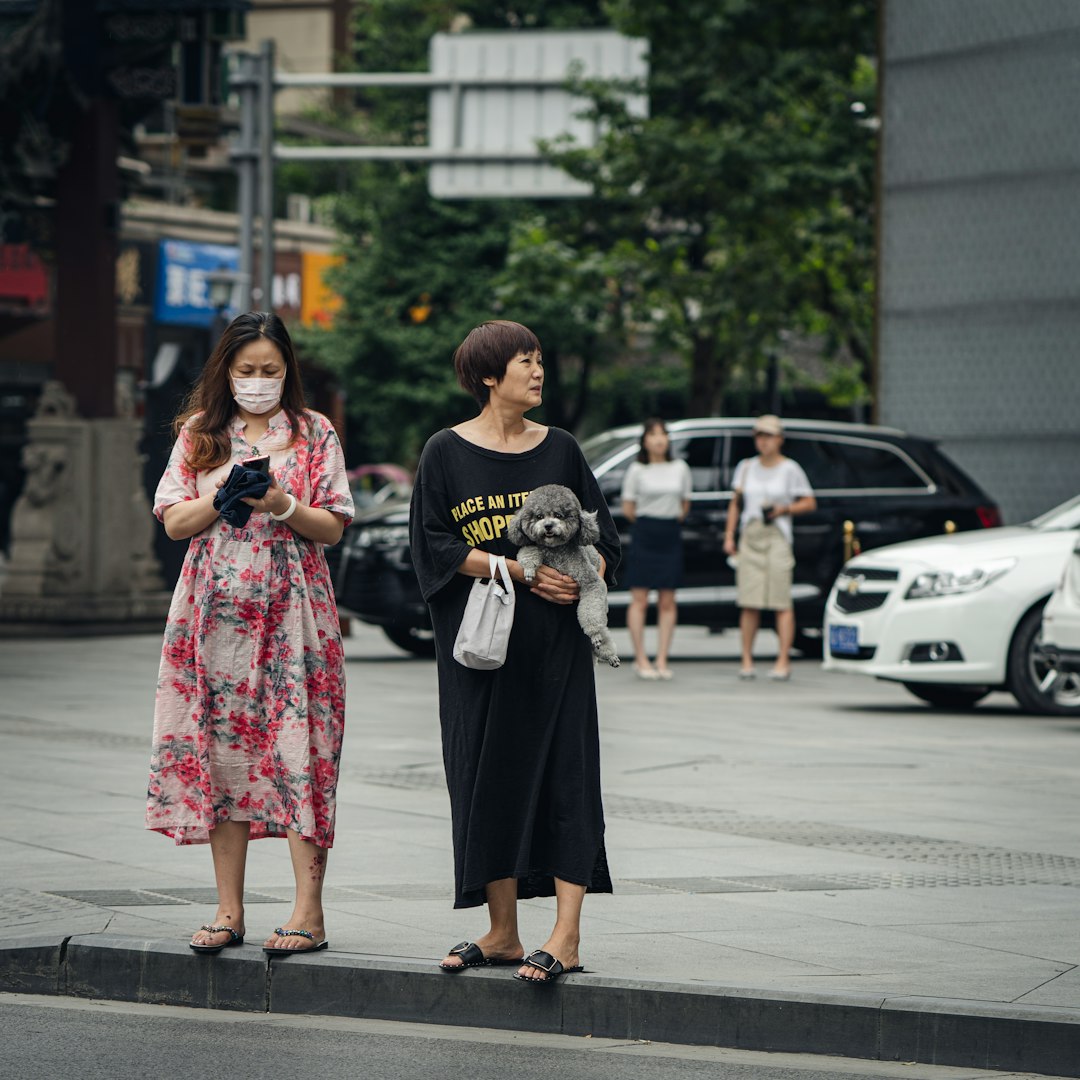South Korea’s Civilian Defence Ministers: Tradition, Change, and the Future of Military Leadership
For decades, the position of defence minister in many countries has often been filled by a figure with deep military roots. The logic has been simple: who better to lead a nation’s armed forces than someone who has served in the ranks? Yet, in recent years, a quiet revolution has been simmering—not in the barracks or the war rooms, but in presidential offices and civic institutions.
How Defence Ministries Work: The Uniform vs. the Suit
In South Korea, a nation shaped profoundly by conflict and potential nuclear threat, the role of the defence minister carries unique weight. Historically, the post has been reserved for seasoned generals or high-ranking officers. The image of the uniformed defence leader has conveyed strength, continuity, and an unbroken connection to the everyday realities of the military.
Civilian defence ministers, however, represent a different ideal. They often come from academia, political circles, or other branches of government. Their very presence in military leadership can serve as a signal of transparency, democratization, and civilian control—a fundamental principle of modern democracies that dates back to the end of absolute monarchies and military juntas.
Civilian Control and Its Importance
“Civilian control of the military” is a bedrock concept for many democratic states, ensuring that the armed forces serve the people rather than rule over them. The concept rose into prominence after World War II, as nations sought to avoid the dangers of unchecked military power. In South Korea, this principle took on new urgency during its transition from military rule to democracy in the late 20th century.
Western democracies, such as the United States and much of Europe, have often emphasized the importance of civilian defence leaders. In practice, however, the lines can blur—as former military officials frequently run for or are appointed to such roles.
South Korea: A Nation on the Brink
South Korea is not just another country wrestling with questions of military oversight: it is a nation technically still at war, with the heavily guarded Demilitarized Zone (DMZ) serving as a constant reminder of the 1953 armistice—not a peace treaty—with North Korea. The defence ministry in Seoul must oversee not just routine security but also readiness for existential conflict, all while managing alliances with global powers like the United States.
The pressure to maintain military leadership within well-known, trusted circles has often outweighed the push for civilian appointments. This makes any move toward civilian leadership all the more significant.
Technology, Modernization, and New Challenges
Today’s defence ministers—whether in uniform or not—face a vastly different world from even a decade ago. The rise of cyber warfare, drones, artificial intelligence, and space-based weapons means that expertise in technology, law, and international relations is often just as valuable as battlefield experience. Civilian ministers are often better placed to bridge these areas, collaborating smoothly with both military and non-military experts.
Public Perception and Notable Developments
What do citizens want from their top defence officials? Surveys around the world suggest most people still see “security” as synonymous with “military might”—yet, in recent years, there has been growing recognition of the need for smart, transparent, and accountable defence policies.
Civilian ministers face challenges: earning the respect of career officers, balancing diplomatic pressures, and navigating domestic politics. Yet, their appointments often inspire hope among advocates for peace, reform, and international cooperation.
Broader Trends
The shift towards civilian appointments in defence ministries reflects a broader global trend: the “demilitarization” of politics, government, and public life. As societies become more complex and interconnected, the old boundaries between the military and the civilian worlds are breaking down. Civilian ministers signal that the ultimate strength of a nation lies not just in tanks and missiles, but in the wisdom, adaptability, and accountability of its leaders.
This article was inspired by the headline: 'S. Korean President Lee Jae Myung names first civilian defence minister in decades'.
